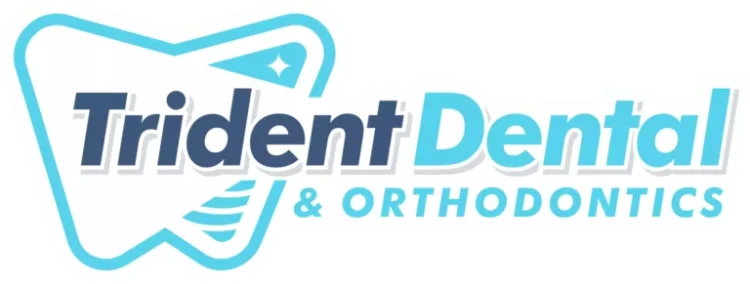When it happens, it seems like there’s nothing worse than having to deal with a cracked tooth, painful abscess, lost crown, or loose permanent tooth. Of course, we at Trident Dental are here for all your dental emergencies. Still, the steps you take to manage the problem before you reach the dental chair can make a huge difference in your treatment outcome. Here’s what you should know.
Emergent dental problems
It’s normal to second-guess the urgency posed by a chipped tooth, a hairline crack in your enamel, or a throbbing toothache — if it isn’t painful, you may believe your problem doesn’t require immediate care; if it is painful, you may hold on to the hope that your pain will simply subside as quickly as it appeared.
That’s why, although it may seem obvious, the first step in getting the treatment you need for an urgent oral problem is recognizing exactly what qualifies as a dental emergency. The most common emergencies we see in our office include:
- Severe tooth pain and infections
- Loosened or lost permanent teeth
- Loose or lost crowns or fillings
- Cracked, chipped, or broken teeth
- Gum pain, swelling, or abscesses
- Acute injuries to any soft oral tissues
Although any acute oral pain or injury that you can’t resolve on your own is probably an emergency, you can always give us a call if you’re not sure whether your problem requires immediate in-office care.
Helpful self-care strategies
When you experience a dental emergency, taking steps to manage your problem before you make it to the dental office can go a long way in ensuring an optimal treatment outcome. Here are specific self-care strategies for some of the most frequent emergencies:
Severe toothache or abscess
A sudden, throbbing toothache may be the result of longstanding dental decay, or it may be a sign that you have a deep infection, or abscess, at the tooth root or between a tooth and the surrounding gum tissue.
To begin treating a nagging toothache before you reach the dental office, gently swish warm water in your mouth to soothe the area and rinse away any food particles. Although you may be able to get additional relief by gently flossing around the sore tooth, don’t use extra force to remove food particles that won’t come free with normal flossing and rinsing.
To minimize swelling and help ease discomfort before you reach our office, you can also take an over-the-counter pain reliever (choose ibuprofen over aspirin to minimize bleeding during treatment) and hold a cold compress or ice pack over the area.
Lost crown or filling
Dental crowns and fillings may be durable and long-lasting by design, but they’re still susceptible to abnormal wear-and-tear and excessive amounts of force. Although a lost crown or filling doesn’t always require a same-day dental appointment, getting the problem fixed as soon as possible is the best way to protect the affected tooth from decay, infection, and pain.
If you can’t get in to see us within a few days of losing your crown or filling, you can head to your nearest pharmacy for an over-the-counter temporary filling material, which will help keep food particles and bacteria out of the exposed area until you’re able to receive proper care.
Cracked or chipped tooth
Whether your tooth is chipped, has a hairline crack, or appears to be broken all the way through, immediate self-care starts with a gentle and soothing warm-water rinse.
If you’ve lost a piece of your tooth and you have the missing fragment, store it in a clean container with a small amount of milk or your own saliva — by keeping the fragment moist, you increase the likelihood that it can be reattached to your tooth.
To protect your tooth from further damage, avoid chewing on that side of your mouth. If you’re uncomfortable or the area is swollen, you can take an over-the-counter pain reliever like ibuprofen (again, avoid aspirin) and apply an ice pack or cold compress until you can make it in to see us.
Knocked out tooth
If one of your permanent healthy teeth has been knocked out, keeping it moist is the most important thing you can do to reduce your chances of needing an artificial dental implant.
To keep a knocked-out tooth safe and viable, you can either rinse it in warm water and gently place it back into its socket, or you can simply hold it in your mouth, between your cheek and gums.
If you choose to set it back into its socket, be careful not to push it down too hard, as you may unintentionally damage the tissues that help encourage future bone reattachment.
If you don’t want to risk swallowing your tooth, you can also keep it sufficiently moist by immersing it in a clean container of milk or water before you come to the office.
As-needed dental care you can trust
Because regular preventive care is one of the best ways to avoid excessive tooth decay, painful infections, and other common emergent problems, we encourage all our patients to stay up-to-date on regular dental cleanings and exams.
Here at Trident Dental, we’re pleased to offer a complete menu of general dental services, including as-needed emergency care. If you’re in the midst of an urgent dental problem, call our Houston office as soon as possible, or use our easy online tool to book a same-day appointment with Prena Mathur, DDS or Dennis Reidmiller, DDS.

